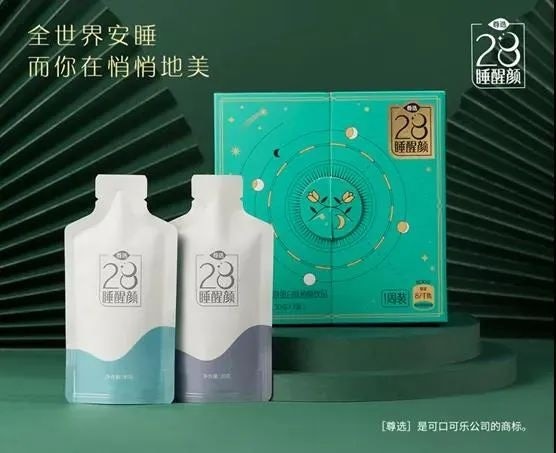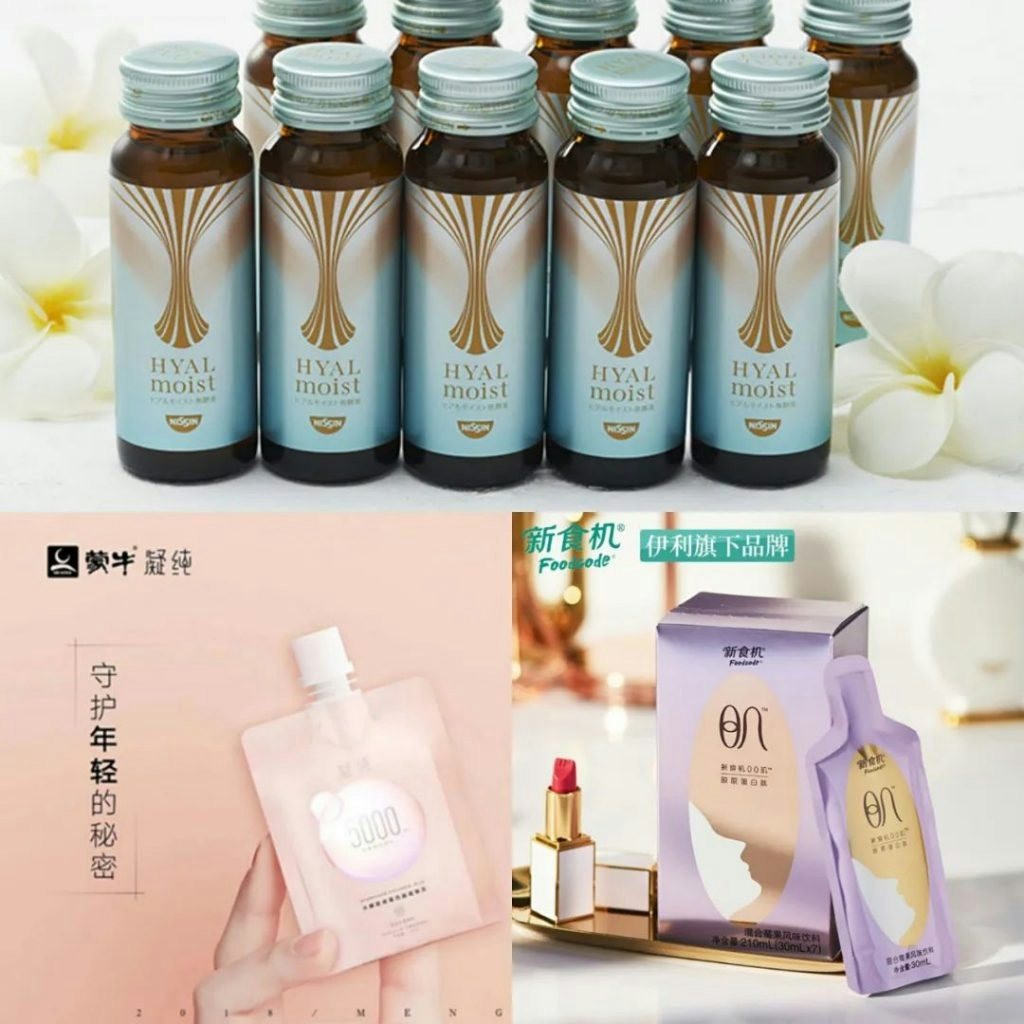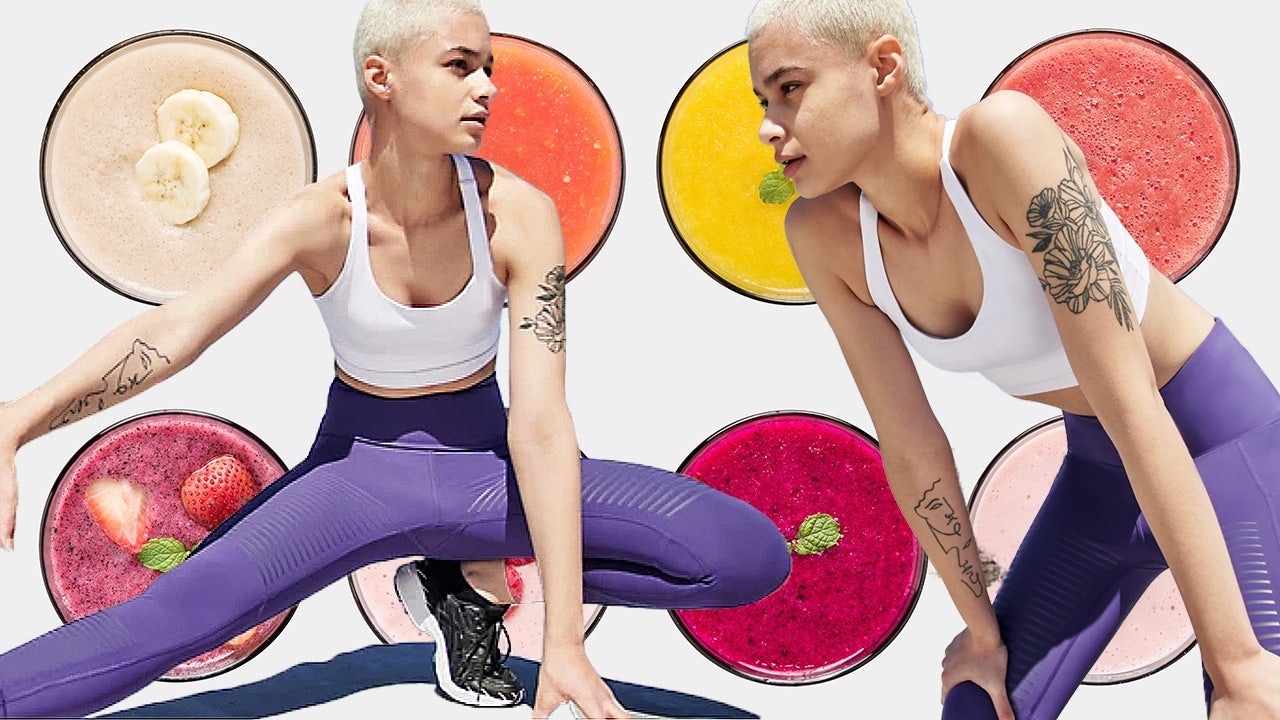The culture of excess has defined China over the last few decades. Raised in a highly competitive society and only knowing linear economic growth, China's younger generations have always prioritized achievement over wellness. But the pandemic and post-virus recession changed this. High-net-worth consumers have pivoted away from buying luxury fashions and toward enhancing physical and mental health — a shift that shows how post-virus Chinese are pursuing a new model of luxury.
Although health and wellbeing are universal concepts, “wellness” is still a tricky concept in China. The country's beauty and wellness markets were already worth a total of $14.5 billion by 2017, according to the wellness media outlet SpaChina. But there’s no cultural equivalent to “wellness” in China, nor is there a precise translation of the word. In public discussions about healthy lifestyles, the definition of “being well” is usually reduced to ways of caring for one's body while leaving out the emotional and mental aspects of wellness.
But the year 2020 accelerated everything. Not only has consumer demand for health products and advice soared, but the younger generation has also begun looking for broader and more sophisticated ways to achieve wellness by curbing their anxieties about an uncertain future. For the first time, many of them are actively pivoting their shopping energies toward home-bound skin or diet regimens, daily routine upgrades, or science-driven workouts.
Wellness for the Skin#
Thanks to the pandemic, one of the most prominent new trends in China is an uptick in “beauty snacking” regimens. The now-trending term “妆食同源” — or “cosmetics and food coming from the same source” — refers to a genre of snackable drinks designed to make your skin glow.
At first glance, edible skincare products might seem like a trite idea, but “beauty snacking” is not your average “immune-boosting” pill from an upscale drugstore. It’s blurring the boundaries between supplement, snack, and professional skincare. Coca-Cola, for example, has developed a product line called “the wakeup face” — a late-night snackable drink that promises to make consumers wake up looking beautiful. Produced exclusively for the Chinese market, Coca-Cola's “wakeup face” appeals to two different beauty cults in China: tonic food lovers and beauty sleep ritual believers. Aside from Coca-Cola, a dozen Chinese food industry giants like Yili and Mengniu have also launched beauty snacks with similar “food for skin” philosophies.

But the practice of eating one's way to a state of harmonious balance is an ancient concept in China. The term for tonic food in Chinese, “食补,” literally means food for healing, and eating specific foods to improve health or skin is a cultural belief that still dominates the Chinese mind today.

An ongoing global pandemic has further enhanced this tradition of eating for health. According to the consumer research firm Mintel, 72 percent of Chinese urbanites are trying to improve their skin condition through a more conscious diet in 2020. Even before the pandemic, sales of goji berries and bird’s nest, two prestige diet supplements favored by Traditional Chinese Medicine, were growing at a 37-percent annual rate among the millennial class on JD.com (a major Chinese e-commerce site).
If wellness eating was viewed as a source of disease prevention before COVID-19, today it’s being pitched as a positive, pleasurable pursuit for self-optimization, and the lines between snacking, skincare, and supplements continues to blur.
Wellness for the Mind#
Despite a lack of wellness KOLs on Chinese social media, content about self-soothing and self-pampering routines are abundant. In one of the popular Chinese vlogger @Suji’s most-liked videos, for example, she documented a daily pampering routine during the lockdown. First, she lit a scented candle and played relaxing music in a speaker for a luxurious bath. Then she conducted an elaborate skincare ritual that included a cleaning mask, a multi-radio-frequency skin device, a jade roller, a body exfoliator, and some essential oils. She ended by lighting a scented humidifier and putting on leg shapewear for a “beauty sleep” session. Since the beginning of China’s lockdown, similar content has done well on social media. The hashtag #UpMyHappiness (提升幸福感) on lifestyle platform Little Red Book, for instance, now has 60k+ posts.
Although China's luxury market is the biggest in the world, self-care is entirely new to it. The country's dominant culture has long viewed open discussion of mental health issues as a sign of weakness, and in Mao's time, those with mental health problems were often accused of lacking a revolutionary zeal. Even in the days before COVID-19, talking about mental health was commonly seen as whining.
But the pandemic and its socio-economic repercussions have laid China's long-standing mental health problems bare. During China's epidemic peak, post-90s millennials accrued the highest rate of psychological suffering and negative emotions. But they were the first generation in modern Chinese history allowed to publicly declare their self-awareness, and even the Chinese government has issued unprecedented initiatives to help ease the mental health of a post-virus nation plagued by psychological distress.
Yige Lin, who is a 28-year-old finance professional living in Shenzhen, said she mostly shopped for home and wellness items during China's late-January lockdown as a gesture of self-love. “I bought dozens of home gadgets — a facial device that targets micro-cleaning, a skin testing kit to track my hydration levels, and an expensive perfume diffuser,” she said. “I got an electric egg beater and a grill pan for the kitchen, and I also discovered the world of meditation apps. I never knew life could be like that before this crisis.”
Wellness for the body#
During this global health moment, it's not surprising that affluent Chinese shoppers are becoming more dedicated to their at-home workout routines. In April, a report released by the Chinese media outlet Yi Magazine reveals that 67% of urban respondents planned to spend more time and money on at-home exercise post-pandemic.
Jessie Pavelka, a thought-leader in wellness and the co-founder of Pavelka Wellness, said that China's pandemic-stricken consumers are hungry for health-enhancing knowledge beyond the basics. “A recent webinar with one of our experts in China went into detail on gut health, pre- and probiotic foods, and the like,” said Pavelka. “It's not about assuming that all people have the same understanding of health and wellness — there's really a drive to find out the science behind it.” But the growing desire for pro-level wellness even predates the pandemic. From 2017 to 2019, the number of Chinese consumers paying for personal fitness/nutrition consultants rose from 17% to 21%.
As post-pandemic repercussions hit, China's urbanites, who were previously absorbed with their work, have now woken up to issues that were unseen and unacknowledged in the past: anxiety, mental distress, insomnia, and other effects stemming from a lack of self-care. Whether brands can capitalize on this wellness opportunity remains to be seen.
